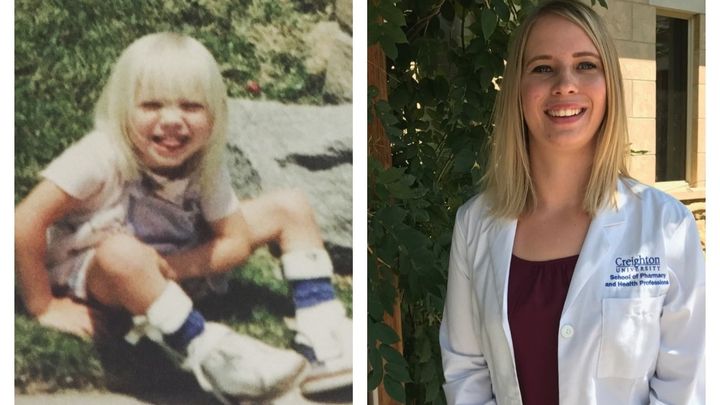
Changing the Way We View Disability in Healthcare
Donation protected
I made the decision to pursue occupational therapy because I feel a connection to the mission of the profession, which is to help people participate in the things they need or want to be able to do. While my disability has resulted in limitations, I believe my experiences and insight can be of value to future patients. Throughout my educational journey, I have encountered support from a number of individuals as well as a surprising amount of resistance. From being told by fieldwork supervisors that pediatric practice, “isn’t a good fit,” to being denied a NICU rotation for part-time wheelchair use, the number of misconceptions about people with disabilities in the workplace is painfully evident.
People with disabilities are generally underrepresented in healthcare. A lack of diversity and representation of clinicians with disabilities is particularly concerning in a field like occupational therapy, where independence and participation in the things we find meaningful are the cornerstones of our practice. We tell our patients and their families that with the tools and strategies we teach there is potential for independence and fulfillment, yet there seems to be a glass ceiling for clinicians with disabilities who are fully qualified to do the job.
Here is where you come in! As part of my doctoral capstone, my mentor and I are creating a video series about independence, self-advocacy, and empowerment in the workplace, to help change the narrative surrounding individuals with disabilities working in healthcare. The hope is to provide a tool to educate clinical instructors and employers on how individuals with disabilities create their own adaptations and provide unique value in healthcare professions. Additionally, we hope this video series allows others with disabilities to find their own ways of adapting, in order to successfully pursue healthcare education, employment, and advocacy.
Your support for this project is appreciated. Thank you for being an important part of changing the conversation.
People with disabilities are generally underrepresented in healthcare. A lack of diversity and representation of clinicians with disabilities is particularly concerning in a field like occupational therapy, where independence and participation in the things we find meaningful are the cornerstones of our practice. We tell our patients and their families that with the tools and strategies we teach there is potential for independence and fulfillment, yet there seems to be a glass ceiling for clinicians with disabilities who are fully qualified to do the job.
Here is where you come in! As part of my doctoral capstone, my mentor and I are creating a video series about independence, self-advocacy, and empowerment in the workplace, to help change the narrative surrounding individuals with disabilities working in healthcare. The hope is to provide a tool to educate clinical instructors and employers on how individuals with disabilities create their own adaptations and provide unique value in healthcare professions. Additionally, we hope this video series allows others with disabilities to find their own ways of adapting, in order to successfully pursue healthcare education, employment, and advocacy.
Your support for this project is appreciated. Thank you for being an important part of changing the conversation.
Organizer
Hannah Lee
Organizer
Lakewood, CO